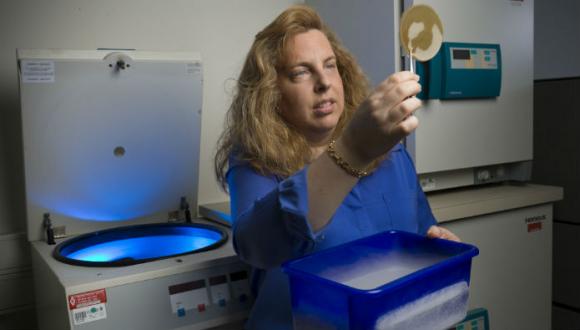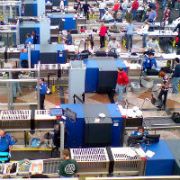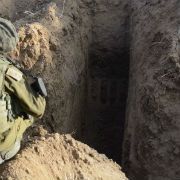Super Glues & Smart Bandages – A New Generation of Life-Saving Adhesives Takes Form
Not only have scores of soldiers been killed during the current round of fighting in the Gaza Strip, but Israeli hospitals have been inundated with wounded soldiers, many suffering from life-threatening and disfiguring burns and shrapnel wounds.
“The skin serves as a barrier, protecting internal organs from contamination and injury. A person cannot live long without healthy, intact and functioning skin,” says Prof. Meital Zilberman from the Department of Biomedical Engineering at TAU’s Iby and Aladar Fleischman Faculty of Engineering. Now, Prof. Zilberman and her team are working on several pioneering projects that could substantially improve the treatment of wounds and burns for people in times of both war and peace.
Super Glue for the skin
One of the projects involves the development of an innovative type of glue that could replace stitches, offering a more efficient way of closing wounds. The glue is based on a compound comprised of two biological components that are similar to bodily tissue – a protein component (gelatin) derived from collagen, and a polysaccharide component (alginate). Naturally biocompatible, lab experiments have demonstrated that the glue is superior to existing surgical glues, possessing a higher bonding strength, suitable viscosity, adhesion time of 20 seconds, and adhesive ability in a moist environment.
In addition, the glue can be loaded with medical substances, such as painkillers, antibiotics and other drugs that can be released into the wound in a controlled manner. Prof. Zilberman is also developing several glue types, including one containing a bone component called hydroxyapatite for healing delicate fractures and crushed bones that are difficult to set with screws. “This is a very promising project that can be commercialized in the near future. We believe it will be a breakthrough for modern surgery,” she says.
Smart bandages to save lives
Another project involves the development of a range of “smart bandaging” technologies, including skin substitutes for extensive second- and third-degree burns. “75% of mortalities from burns are not caused by the initial trauma, but by infections due to the loss of the protective covering provided by skin,” explains Prof. Zilberman. “For these patients, it is especially important to develop skin substitutes that are applied one time only, without the need to change dressings, which risks infection and causes the patient extreme pain.”
Two of the TAU team’s wound dressings have yielded extremely promising results in the lab: The healing process was shortened by tens of percentage points and was of higher quality – leaving less scarring than bandaging methods used today.
Such Israeli-led developments in wound healing promise greater prognoses for not only soldiers in conflict zones, but people around the world, especially those in low-income countries who are most at risk. According to the World Health Organization, an average of 200,000 people die from fires alone every year, a figure that doesn’t include mortalities from other types of burns such as electrical burns. Commercialization of technologies such as those being developed by Prof. Zilberman stands to make a major difference in how burns are treated worldwide – from soldiers serving in active conflict zones to the victims of domestic gas explosions.






